A design usually starts with a vague thought. I’ll have a
shape in mind or a colour scheme that I want to play with. This stage can take
hours or, in some cases, years. I always play around with the idea in my head
until I have a pretty good idea of how I want it to look before I even attempt
to put it down ‘on paper’. Once I start physically designing it, I will have
the shape and structure of the design sorted but the details evolve in the
‘drawing’ phase. The designs don’t always come out in one go. Some flow easily
but others fight back. ‘Crystal ’
for example was an idea that I had had I mind for ages. I knew how I wanted it
to look in the centre and out as far as the hardanger part but it took well
over a year to finally put together the whole design.
The design process isn’t finished once I have it all mapped
out on computer. Sometimes things just don’t look how you expect them to when
you start to sew them and then it’s back to the drawing board. This is the main
reason that I don’t usually work with a model stitcher. I have to take my hat
off to Ylva Saleem here who has stitched a couple for me and has put up with
sending daily progress scans and being regularly asked to unpick and try
something different. This obviously means that releasing a new design is never
a speedy process. On average one of my speciality stitch designs takes 3 months
to sew, obviously some more and some less. I try to sew for a minimum 3hrs per
day. I admit to not being the world’s fastest stitcher, mainly due to dodgy
wrists and the ability to get sidetracked rather easily. I find it best to set
targets for how much to achieve per night, I’m rather competitive so don’t like
to lose, even if it is just a self set challenge.
I love it when I complete the sewing stage of a piece. I
think that’s the best part of it for me. It is however closely followed by the
worst part – writing the instructions. I want my designs to be accessible to
all, no matter how much experience you have so I write detailed instructions
for all parts of the design. The only exceptions are cross stitch and
backstitch as I do assume that anyone who is thinking of tackling one of my
designs has usually tried cross stitch first. (If however you are completely
new to embroidery and would like detailed instructions in those stitches then
contact me as I have written some in the past.) Every stitch has hand created diagrams.
These are not a quick process. I have never found a graphics programme that
meets all my needs so I usually have to work between 3 different ones to get
the results that I want. I am pleased with the diagrams that I create and I
hope that they are clear for people, they drive me mad as I do them though J I
did run a ‘test’ session a few years back where approx 50 people tried out a
design and the instructions and then gave me feedback. I found that really
helpful for refining my existing instructions and creating future ones. It
taught me a valuable lesson that you never know what someone is going to find
tricky so try to cover all bases.
I am steadily building up a ‘stitch glossary’ and one of
these days I am going to create a pattern that only uses these stitches. My
problem is that I always want to do something different, to experiment and play
about. I am punished for that at instruction writing stage. I am currently
trying to work up the nerve to tackle the instructions for the lacy edge decorations
which is probably why I am writing this. Procrastination is something that I
excel at. This is the first chart that I have done that uses the lacy edge and
that’s going to need a lot of diagrams! Over the years I have rewritten and
updated the instructions, which has meant going back over old designs and
bringing them all up to the same standard. Hopefully if you tackle one of my
designs now it should all be clear and easy to understand. If it isn’t then
please email me and I will try to make it so.
All in all I’d say it takes an average of 6 months for a
design to go from a spark of an idea to a completed chart. It’s a great day for
me when I can finally put it on my website for sale and I love getting feedback
from people about them. One advantage of this type of design is that you can
(in most cases) choose your own colours to sew them in. Some people have sent
me photos of works that they have done and when I get enough I shall add a
gallery page to the site. Much as I love creating them, their purpose is to be
designs for others to sew so this is, hopefully, just the start of their
journey.



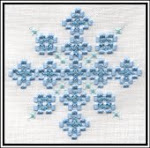

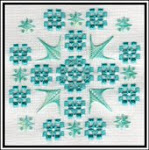
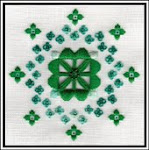
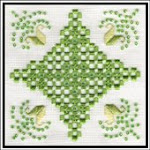
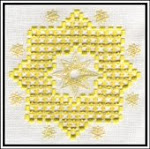
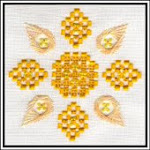

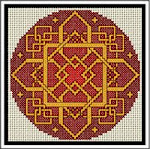


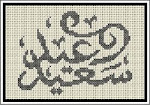






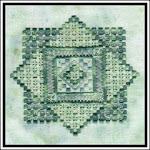
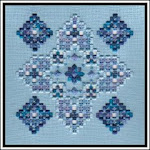




No comments:
Post a Comment